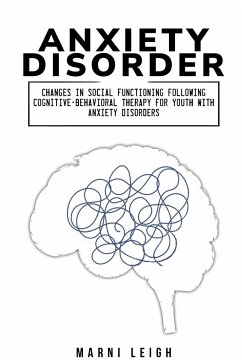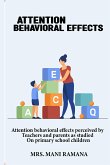Anxiety disorders are one of the most common set of mental health difficulties facing youth today. Left untreated, anxiety disorders often run a chronic course and are associated with significant impairment in a variety of domains (e.g., school, home life; Kendall et al., 2010; Langley, Bergman, McCracken, & Piacentini, 2004), including social functioning. In turn, social difficulties are associated with later maladaptive outcomes (Gest, Sesma, Masten, & Tellegen, 2006; Hubbard & Coie, 1994; Ladd & Troop-Gordon, 2003; Zettergren, 2005), so research investigating whether current empirically-based methods of intervention improve social functioning in youth with anxiety disorders is necessary. Although cognitive-behavioral therapy is the current empirically supported treatment for youth with anxiety, scarce research has examined whether this treatment modality also improves the social experiences of youth with anxiety disorders (cf., Flannery-Schroder & Kendall, 2000; Wood, 2006; Suveg, Hudson, et al., 2009).








